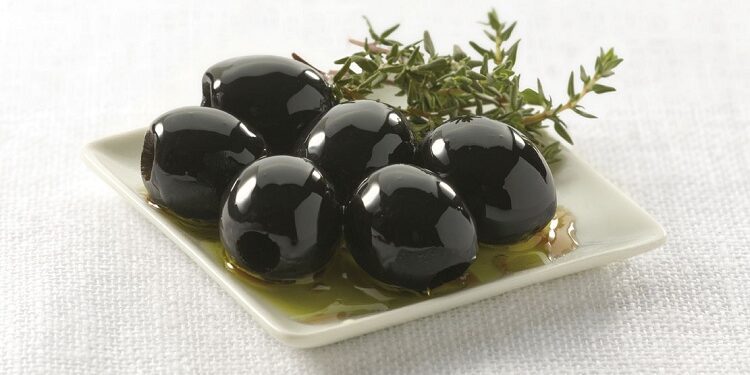Aquí Europa/The Diplomat
The World Trade Organization (WTO) has confirmed that the EU was right to question the United States for not complying with a ruling regarding black olives from Spain.
The WTO panel’s report, made public this Tuesday, once again represents a clear and total victory for the EU. It confirms that the United States did not implement the recommendations of the original panel, namely the conclusion that the US law, on the basis of which anti-subsidy duties were imposed on ripe Spanish olives, is inconsistent with WTO rules.
In a statement, the Spanish Government positively valued the report, which “supports the European arguments against the protectionist measures imposed by the United States” and represents “one more step towards the resolution of these unfair tariffs, which harm Spanish interests.”
In 2017, before the tariffs were imposed, Spain was the largest exporter of ripe olives to the US, with turnover worth $67 million, representing 76% of US ripe olive imports. In 2022, Spain’s exports to the US were only 20 million dollars, covering only 26% of US imports.
Following the outcome of the report, both sides can now request adoption of the compliance panel’s report by the WTO Dispute Settlement Body (DSB) at the earliest at the DSB meeting to be held at least 20 days after the publication of the compliance report. If adopted, the report will be binding between the EU and the US, and the US will have to take immediate steps to implement the ruling and remove the tariffs.
On August 1, 2018, the United States Department of Commerce imposed anti-subsidy and anti-dumping duties of between 30% and 44% combined on imports of ripe Spanish olives, depending on the company involved. The EU considered the US measures unjustified and challenged them at the WTO.
On November 19, 2021, a WTO panel ruled in favor of the EU and concluded that anti-subsidy duties applied by the United States violate WTO rules.
On July 14, 2023, the EU notified the US and the WTO of the request for the establishment of a compliance panel to rule on the measures adopted by the US Department of Commerce to implement one of the conclusions of the three panels, namely, the WTO inconsistency of the rules of US law on the transfer of profit received from producers to processors of agricultural products (section 771B of the US Tariff Act of 1930).
The report of the WTO compliance panel, made public today, confirms the EU’s position. The compliance panel essentially upheld the analysis of the panel’s original report. It concluded that the US law in question (Section 771B of the Tariff Act of 1930) remains inconsistent with WTO rules because it involves the automatic and complete transfer of subsidies from the producer to the processor of agricultural products (the so-called pass-through of the profit). Furthermore, the panel considered that such incompatibility demonstrates that the application of this US law by the US Department of Commerce also violates the same WTO rules.
“The United States has not fully implemented the recommendations of the original panel, in violation of WTO rules. Meanwhile, Spanish olive producers face a difficult situation, as Spanish imports risk being pushed out of the US market. Therefore, we call on the US side to quickly comply and provide relief to the Spanish olive sector, which has been illegally affected by US anti-subsidy duties since 2018,” said Valdis Dombrovskis, Executive Vice President and Trade Commissioner.






